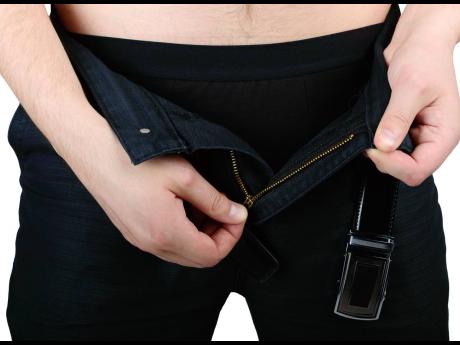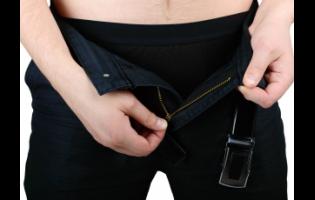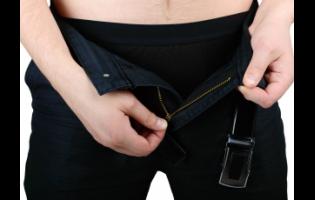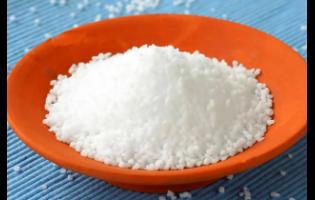Check-Up: Am I a sex addict?
Dear Readers,
S.B. is worried about possibly being a sex addict and asks Check Up to provide some help to sort the problem out.
Sexual addiction is described as a compulsive need to perform sexual acts so that the person can achieve feelings similar to those experienced by people who abuse alcohol or drugs.
There is much debate about whether or not compulsive sexual behaviour is really an addiction. But ‘sex addiction’ is a term still used in counselling.
Sex addiction can impact dangerously on a person’s physical and mental health, their relationships, the quality of their lives, and even their safety.
Sexual addiction occurs fairly commonly but is often missed. That person with multiple sex partners, or the man who masturbates very often or views pornography regularly may very well be sexually addicted.
The person with sex addiction will change their daily activities and work schedule to accommodate their need to participate in sexual acts many times each day. They may even risk their employment and family stability.
A person might be addicted to sex if they have some or all of the following signs:
n Compulsive relationships with multiple partners, including strangers.
n Obsessive sexual thoughts.
n Telling lies to hide the deviant behaviour.
n Participating in dangerous sex (for example, sex with strangers or group sex).
n Guilt feelings after the sexual act.
We need to remember that having a healthy sexual appetite is not sexual addiction, and it’s quite normal for people to enjoy sex.
Sex is a healthy human activity and differences in the levels of sexual interest can vary widely between partners.
When an attempt is being made to treat sexual addiction by a sex therapist or psychologist/psychiatrist, the individual is often required to participate in ‘in-patient’ treatment, where they are removed for at least 30 days from their regular environment in an effort to help them regain control of their sexual impulses.
In this setting, they undergo in-depth individual and group therapy sessions. Anti-depressant medication is also sometimes prescribed to help lessen sexual urges.
USEFUL PROGRAMME
There is a 12-step programme used with the sexually addicted which is very similar to that used by Alcoholics Anonymous and which seems to be very useful.
1. Admit that you can’t control the addictive sexual behaviour which is adversely impacting your life.
2. Believe that a power source greater than yourself (God) could restore sanity.
3. Make the decision to turn your life over to God’s care.
4. Take an in-depth moral inventory of yourself.
5. Admit to yourself, another human being and God, the exact nature of the wrongs you have committed.
6. Be ready to act to remove all the moral defects.
7. Seek God’s help in removing the disorder.
8. List all people you’ve hurt or harmed by your behaviour, and be willing to make amends to them all.
9. Try and make amends to these persons, even directly, where possible, except where doing this would hurt other people.
10. Continue to soul-search and to admit the wrongs you commit.
11. Seek to uplift yourself through a conscious contact with God and pray for the knowledge of God’s will and the strength to carry it out
12. Having experienced the uplifting change in your life, share this message with other addicts in need
It’s also very possible that the underlying reasons for sex addiction is not really about sex. There may be much more to the illness, and the sex itself may just be an expression indicating the tip of the iceberg.
If you are experiencing these signs then first visit your family doctor to discuss the problem and to decide whether or not specialist treatment is warranted.
Write Check Up: PO Box 1731. Kgn 8 Email: arnaj56@gmail.com






































